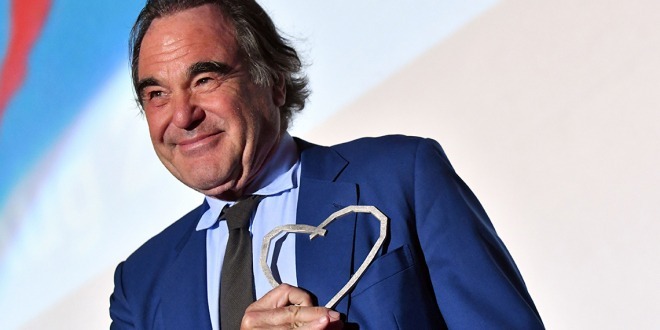Oliver Stone has returned to the assassination of John F. Kennedy thirty years after “JFK,” this time as a documentary. “JFK Revisited: Through the Looking Glass” is a nonfiction companion piece to one of Stone’s most famous and divisive films.
The documentary, which will screen at the Cannes Film Festival, is certain to rekindle debate over the American tragedy as well as Stone’s tactics. But for the 74-year-old filmmaker, it was a means to respond to his detractors and delve deeper into a period of history with which he is inextricably associated.
“When the movie came out, I was a complete amateur. I was gullible.” In an interview, Stone said, “I had no idea I’d be hit like this, and it was hard. It started to feel as if I wasn’t trustworthy. In Hollywood, I was dubbed a “conspiracy theorist,” a word I believe comes from a 1952 CIA document intended to discredit people. The film, on the other hand, was well received. It functioned as a movie-movie.”
“JFK” received eight Oscar nominations, including best picture, and won two of them. It made almost $200 million in box office receipts. However, it was surrounded by doubts over its veracity. “JFK Revisited” is riddled with doubts as well. Several streaming platforms declined to distribute the film due to fact-checking concerns.
The film has secured worldwide distribution in a number of countries and is looking for a distributor in the United States. The documentary, which was originally four hours long but was cut down to roughly two hours, reaches no conclusions about who killed Kennedy. It draws on millions of government data that have been published in the years following the premiere of “JFK.”
In 2017, President Donald Trump cited national security as a reason for delaying the release of more documents. Inconsistencies in Kennedy’s autopsy, the management of important pieces of evidence, and Lee Harvey Oswald’s alleged CIA ties are all explored in “JFK Revisited.” And, like “JFK,” its deepest suspicions are directed at the US intelligence services.
“I believe the most essential question is why President Kennedy was assassinated,” Stone added. “We responded with information indicating he was planning to leave Vietnam. The process of reaching an agreement with Cuba was well underway. The Treaty on the Prohibition of Nuclear Tests had been signed. He hoped to reach an agreement with Russia. He was a staunch opponent of colonialism.” Stone fought in Vietnam and directed films including “Platoon” and “Born on the Fourth of July.”

